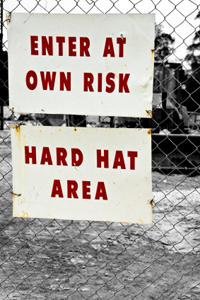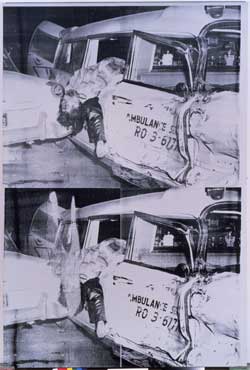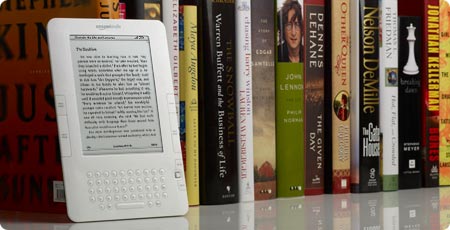
Mind the Gap is getting some new guest visitors from Google, people searching for answers to big questions such as, “What is beauty?” After 2 a.m., who knows what windows open up that compel us to ask a machine such a question.
Anyway, these late night visitors were of some comfort to me because Hickey’s text has left me digging around deep in the mush of my own definitions of things. Much of my musing is focused on the ways in which institutions deflate the risk out of experiencing art, and the impact that has on culture. My friend Rebecca likes to joke about all the bizarre (which is often also code for “cheap”) places we go in search of musical experiences: old warehouses, dirty basements, venues that require ferry boat rides. If I think about it, in this unsanctioned wildness, we do confront the art more empowered than when sitting meekly at Carnegie Hall (others may not sit meekly there, but I certainly haven’t overcome that, even after all these years). And for this or some other reason I have not identified, the art itself means more to me, resonates longer, when it is good, even if more often than not it is forgettably bad. I’m not sure how to describe it exactly, but I think it is only under these circumstances that I could truly be gobsmacked by music.
As I mosey down that path further, I come to another passage of Hickey’s discussion that hits a nerve (especially in this economy):
If we entertain, even for a moment, the slightest presumption that an institution, suddenly and demonstrably bereft of its social and philosophical underpinnings, is liable to imminent collapse, we have committed what George Bernard Shaw considered the most suicidal error that a citizen can. As Shaw pointed out, institutions die from loss of funding, not lack of meaning. We die from lack of meaning and of joy.
Later he highlights the disconnect between our appointed guardians (bureaucrats, academics, etc.), who “labor to protect us from error and danger, so we must forgive their distress at the tumult in the street” and our own goals, which are slightly at odds. “Guardians are concerned with securing our Safety. We are pursuing our Happiness.” A cruel sleight of hand, and all too true, no?
*
Admittedly, suddenly everything I’m reading seems connected to this discussion, so forgive me if I stretch too far here. While the institutions may be looking after us with the good intentions of a Mother Superior, the steely hand of the commercial marketplace offers dangerous harbor of another stripe. Hickey notes that beautiful art sells, and that’s why people are suspicious of it.
If it sells itself, it is an idolatrous commodity; if it sells something else, it is a seductive advertisement. Art is not idolatry, they argue, nor is it advertising. Idolatry and advertising, however, are indeed art, and the greatest works of art are always and inevitably a bit of both.
No matter where you fall in this debate, by anyone’s accounting, this Target/Black Eyed Peas promotion kind of follows the argument to its horrifying conclusion to a factor of 10–comepletely unbeautiful music shilling for a discount store. So while at first I thought the fear of commerce was irrational–isn’t everyone selling something?–later I acknowledged that there were degrees on that scale. But I have long believed that some of our ages most brilliant artistic minds are working in advertising, not in Chelsea. So what about the recent Prius ad package, say? How much art is in there? Does that make it any “better”? Does that lend it any value outside how many cars it sells?






